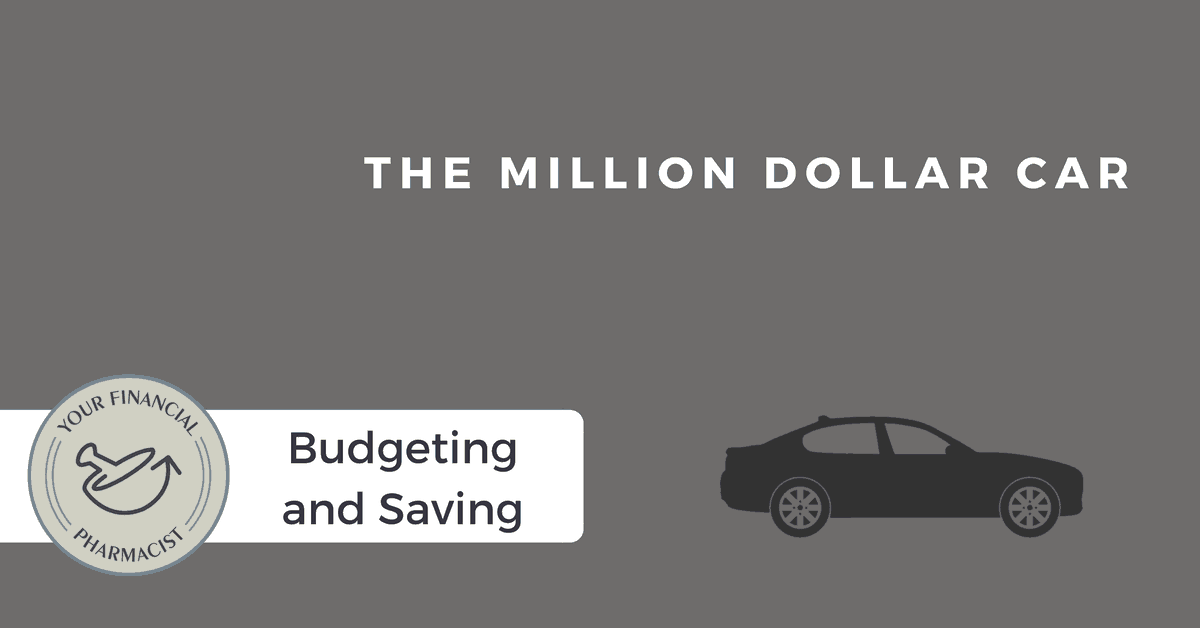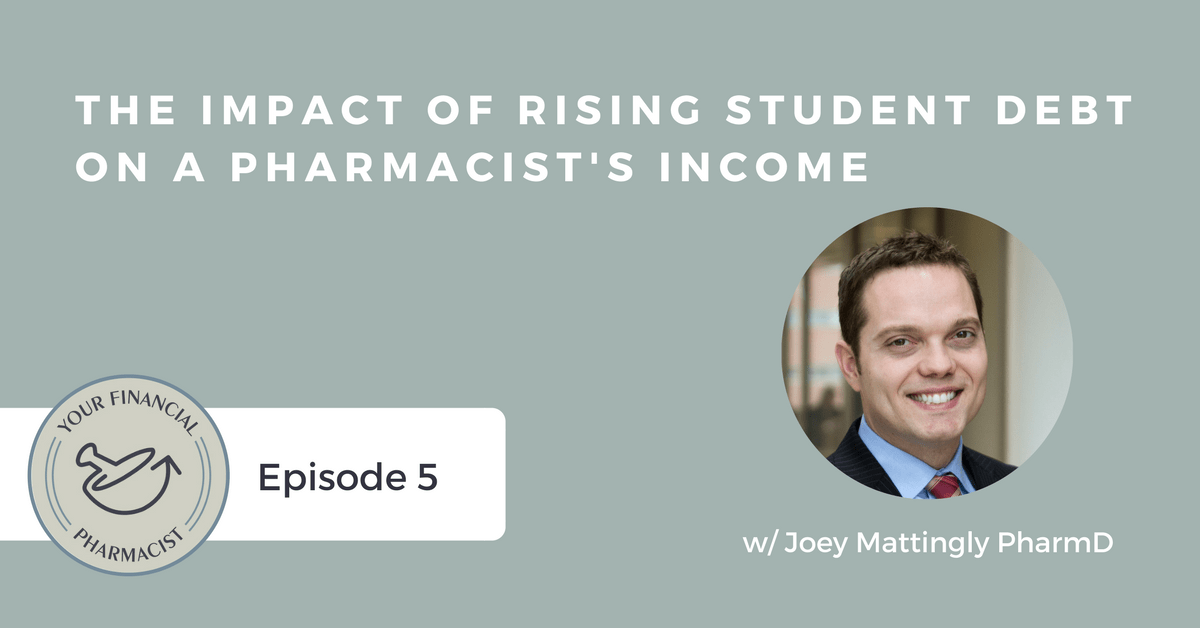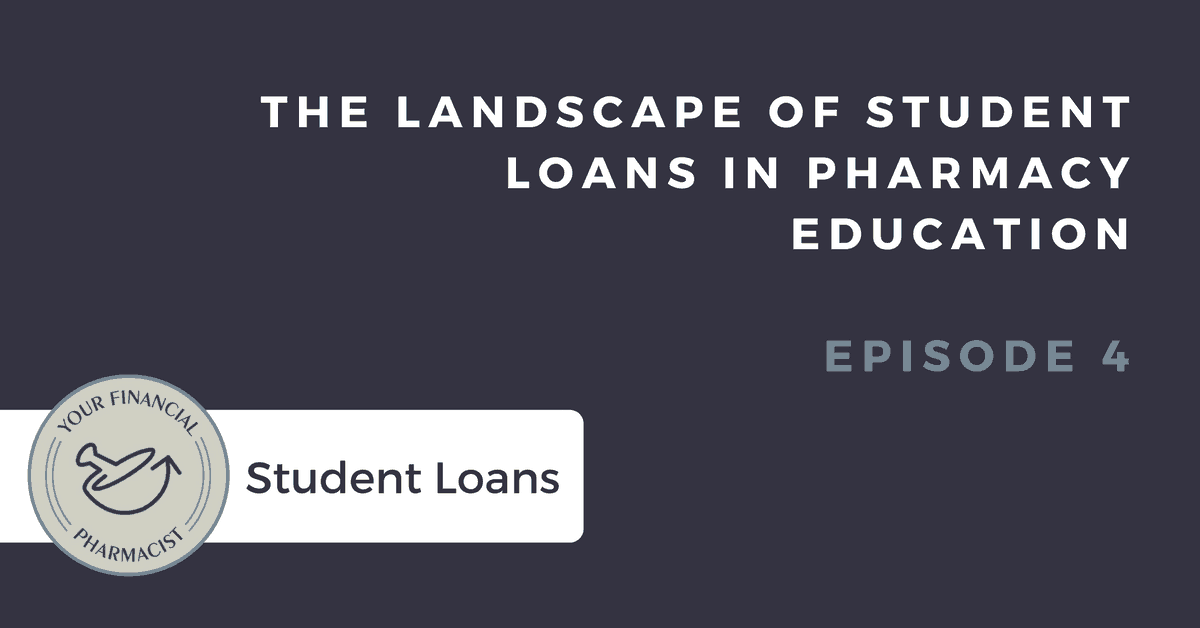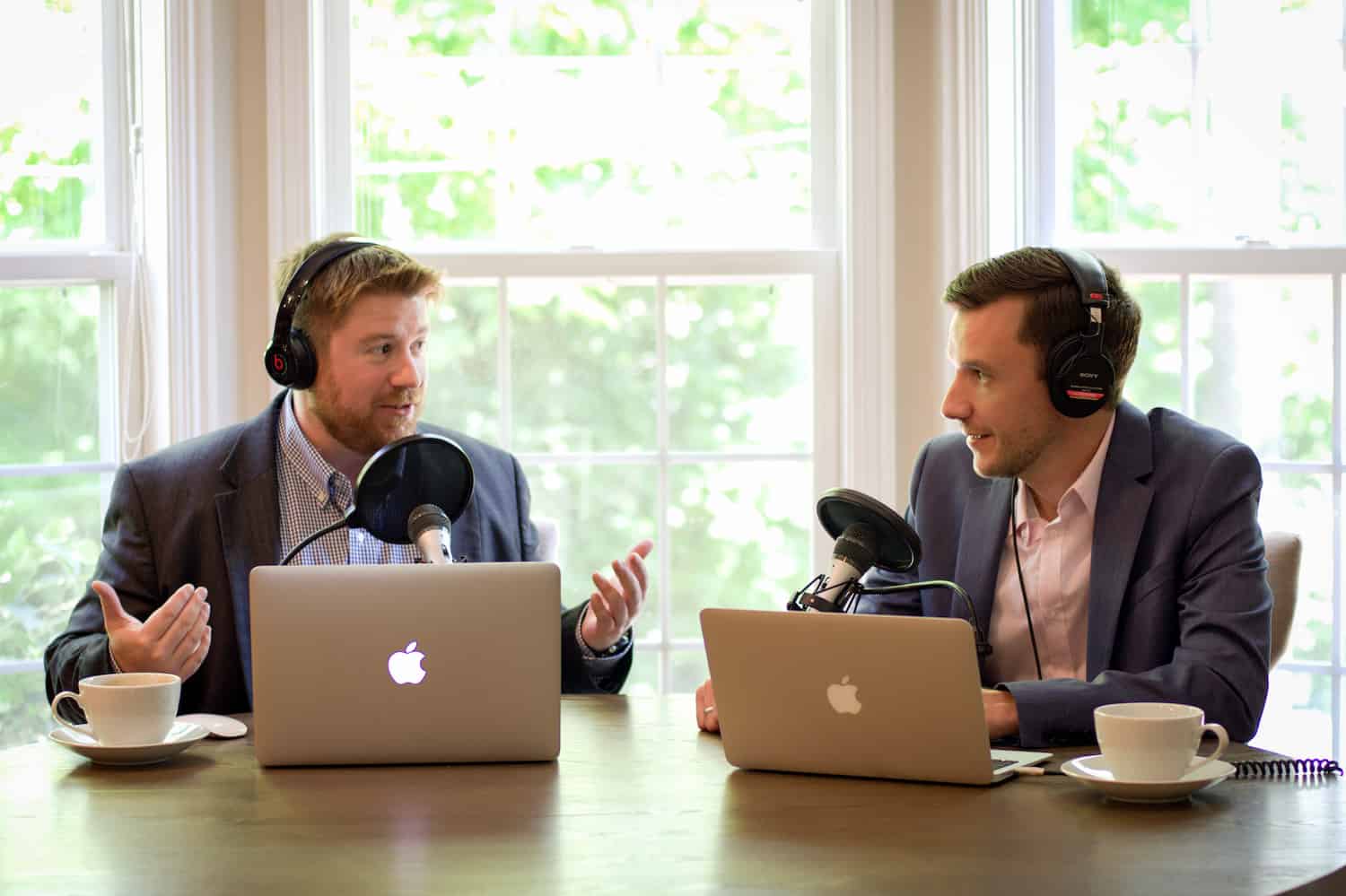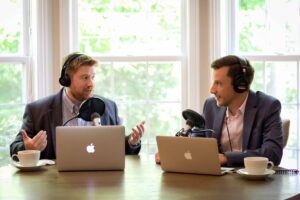I recognize I’m not going to become popular by writing this post. We Americans love our cars and I have fallen into this trap before. We love them so much that we will even defend having them at the expense of achieving other financial goals such as paying off high interest rate debt, building an emergency fund or saving for retirement.
I’m all about safety but let’s work through the rest of this article assuming that the vast majority of vehicles we all drive each and every day are safe. More so than ever before. I’m not suggesting that you start driving a car with broken windows and the bumper falling off to save a few bucks, but let’s be honest that we have overplayed the safety card to justify the ‘need’ for a newer car. It is clearly a ‘want’ and often is one that gets in the way of the rest of our financial plan.
Now, if you have no high interest rate debt, are saving appropriately for retirement, have an emergency fund in place and are working towards achieving your other financial goals, have at it. This article is not for you. However, the vast majority of us are still in debt with high interest rate loans OR are not funding our retirement appropriately OR do not have an emergency fund in place. Maybe even all of the above. This is the group that should evaluate whether or not their car is getting in the way of the rest of their financial plan.
In a recent blog post, “My Top 10 Financial Mistakes,” #7 was buying a car I had no business buying. Now that I have made that confession, I feel I can challenge others to look at this area as well. In 2014, while Jess and I were still trying to get rid of our student loans, I bought a really nice used Lincoln MKX when I had a perfectly functioning (and paid off) Nissan Sentra with less than 50,000 miles on it. I ended up re-selling the Lincoln 6 months later and learned my lesson.
According to Edmunds.com, the average monthly payment on a new vehicle in the US is $479. If you are struggling with debt and/or getting control of your monthly expenses, this is an area I would recommend you take a look at to see if cutting back may be worth it. You won’t miss your car as much as you think you will.
If the average monthly payment for a new car is $479/month and you could get rid of (or lower) that payment, what would that mean for reaching your financial goals? It certainly would mean doing them faster. And here is the thing Jess and I found out. When you make one cut, you start looking for other areas to make further cuts. If you have high interest rate debt, this savings from lowering this monthly payment for a car could make a dent in how long you have that debt hanging around and how much interest you end up paying over the life of that loan. No debt? How about taking the savings and building up your emergency fund? No debt and already have an emergency fund in place? How about getting closer to saving 15-20% of your income each month for retirement?
If instead of having a monthly payment that is the current average for a new car ($479), what if instead you paid cash for a car every 6 years. Let’s assume that car would cost $10,000. Remember, we are going for safe and functional. That would cost you, on average, $139/month ($10,000 / 72 months). If you took the difference ($479 average payment on a new car -$139 average per month if buying a $10,000 car every 6 years = $340 savings per month) and invested that money in a mutual fund within a Roth IRA earning 6% growth per year, that would be worth:
- $55,721 in 10 years
- $157,097 in 20 years
- $341,541 in 30 years
- $677,118 in 40 years
- $1,287,665 in 50 years
There it is. The potential to save more than a million dollars by strategically buying used, yet quality and safe cars over a long period of time. Is your current car worth a million dollars to you? The great thing about this example is that it would all be tax-free growth since it is within a Roth IRA.
A million dollars you didn’t have before all because you bought used cars that were not fancy, but perfectly functional and yes, safe. No matter which way you look at it (paying off debt, saving for an emergency fund or saving for retirement), that is a better financial decision than buying an expensive vehicle that is going down in value.
The sweet spot is buying a used car and paying cash for that car. This will certainly go against the norm as 86% of all new cars and 55% of used cars have financing (Experian 2015 4th Quarter Report). One of my good friends role modeled this for me. Let me tell you how good it feels to pay cash for a car and walk off the lot without a monthly payment.
Now, people will argue that it is stupid to pay cash for a car when you can get a low interest rate loan. Two points to counter that argument. First, most used car loans are not as attractive as new car loans. On used cars, I have typically found interest rates in the 3-5% with good credit. The latest Experian Report shows an average new car loan rate of 4.63% and an average used car loan rate of 8.78%. Second, I can make a case that if you pay cash for a car, you will likely buy down significantly and ultimately save in the long term. It is easy to stomach buying a $25,000 car when the payments are divided over 60 or more months. It is a lot harder to throw down $25,000 at once. Therefore, you probably won’t and will save some money by buying a less expensive vehicle.
Why used? Here is an example to emphasize how much the value of a car goes down as soon as you drive it off the lot. Cars are a terrible asset only going down in value (with the exception of some collectible cars).
Let’s look at a new 2016 Nissan Altima 2.5 S. Very nice car. The MSRP is $22,900. We know no one ever pays MSRP so let’s say you walk out the door with the car for $22,000 after taxes. In contrast, on www.cars.com within 30 minutes of my house, I can find a 2015 Nissan Altima 2.5 S with less than 20,000 miles for $14,500. If you were paying cash, you could get it for even less than that. Almost $8,000 saved by being OK with not driving something new off the lot and letting someone else put a few miles on it before you do.
If you are worried about driving a high mileage car, there are lots of cars you can get that are quality, safe vehicles under 50,000 miles for less than $10,000. Take a look on www.cars.com. I think the sweet spot is finding a good car to pay cash for between $5,000-$10,000.
It took Jess and I a while to get ahead of our car payments enough to be able to pay cash for the next one but we were able to do this for our last two car purchases. Even better yet would be to pay cash for a car and then start saving on a monthly basis for a future car. We aren’t there yet but are hoping to continue working on our budget to make this a reality in the next year. For example, if we think we may need a new car in 4 years (based on our current mileage and durability of the car) and we want to spend around $10,000 for that car, we could start saving $208/month. After those 4 years, we would be in a position to purchase that car and there would be no surprises!
Your Financial Homework: Is your car payment getting in the way of achieving your other financial goals? Do you have an opportunity to sell your current car and buy down so you can free up some money per month to pay extra on your loans, build up an emergency fund or increase your retirement savings?
Join the YFP Community!
Recent Posts
[pt_view id=”f651872qnv”]

